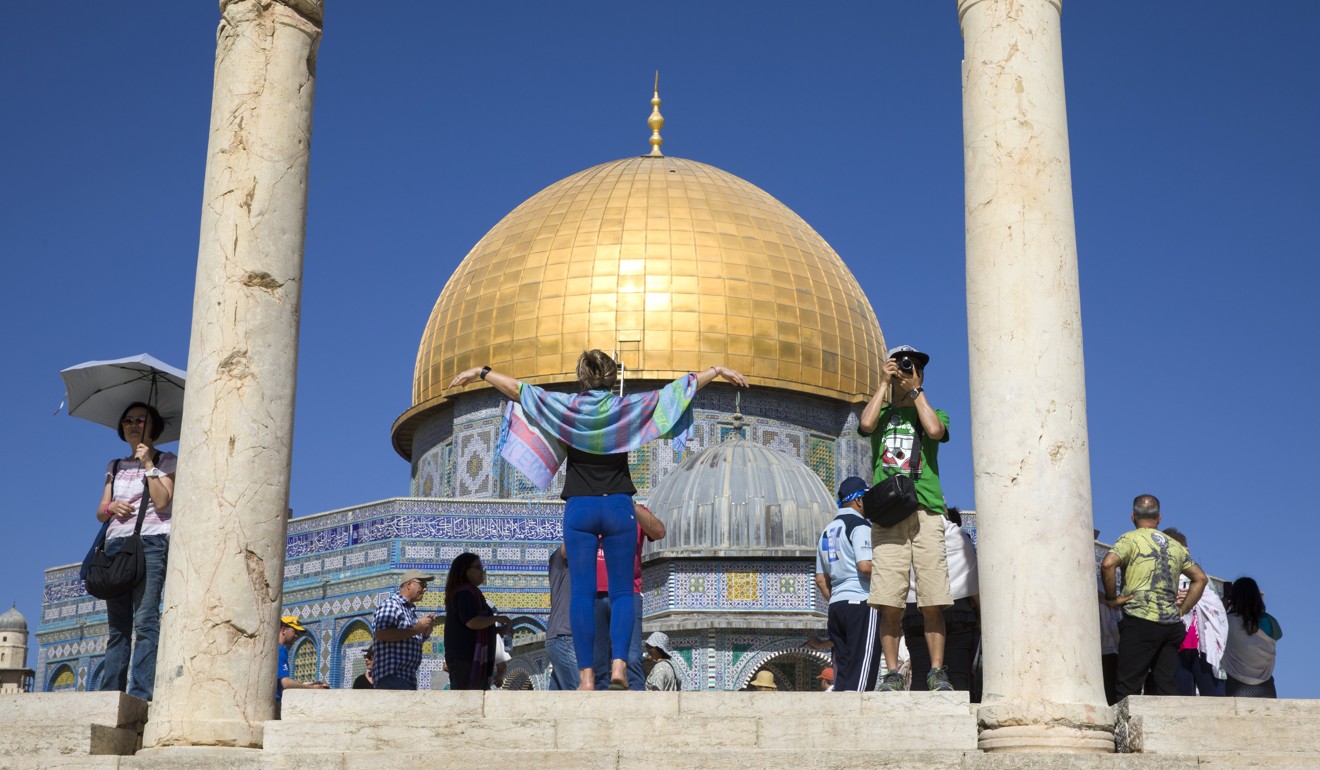
Trump’s Jerusalem decision sets peace prospects back, and people of faith must move it forward
Jonathan Power says believers – in Christianity, Judaism and Islam – must oppose Donald Trump’s recent decision and push for the internationalisation of parts of East Jerusalem
Poets sing the praises of the heavenly Jerusalem, a land without war, envy or hatred. Some of us have long hoped to see whether the work over decades by many imams, rabbis, ministers and priests could make the earthly Jerusalem more like its heavenly counterpart. Secular politicians do the negotiations but teachers of these great religions are charged with teaching compassion, tolerance and brotherhood.
Thousands rally in Beirut as Hezbollah urges followers to rise up against Trump’s Jerusalem decision
Israel has long rebuffed American demands for a total freeze on Israel’s colonisation of occupied Palestinian land. In 2009, Netanyahu went further, evicting Palestinian families in Arab East Jerusalem to allow Jewish families to take over. Now, Trump’s move has anti-Zionist Israelis seeing collusion with Netanyahu’s hardline, anti-Palestinian policies.
President Bill Clinton was wrong after the Camp David summit broke up in 2000 in berating Yasser Arafat for not compromising on Jerusalem. He seemed not to understand Arafat’s observation: “The Arab leader has not been born who will give up Jerusalem.” Clinton looked at the compromises Israeli prime minister Ehud Barak had made and assumed this was a fair deal.
‘Erratic, spasmodic, unfocused’: how Donald Trump has been outplayed by Vladimir Putin in the Middle East

French president Emmanuel Macron says Jerusalem decision by the US is a ‘danger to peace’
Once again, we have to begin to think seriously about the idea of internationalising part of East Jerusalem. At present, the long-time suggestion of a UN Security Council-ruled fiefdom only extends to Temple Mount, but once that principle is accepted, the possibilities of geographical extension to include some of the neighbourhoods around it should not be so difficult.
Trump’s move raises the stakes. Most major powers, the Islamic world and the pope criticised him. If the rest of the world does not drive through internationalising the city, Israel would once again come out on top. To stop that, we need the faith of the founders of the Abrahamic religions.
Jonathan Power is a foreign affairs columnist and commentator

